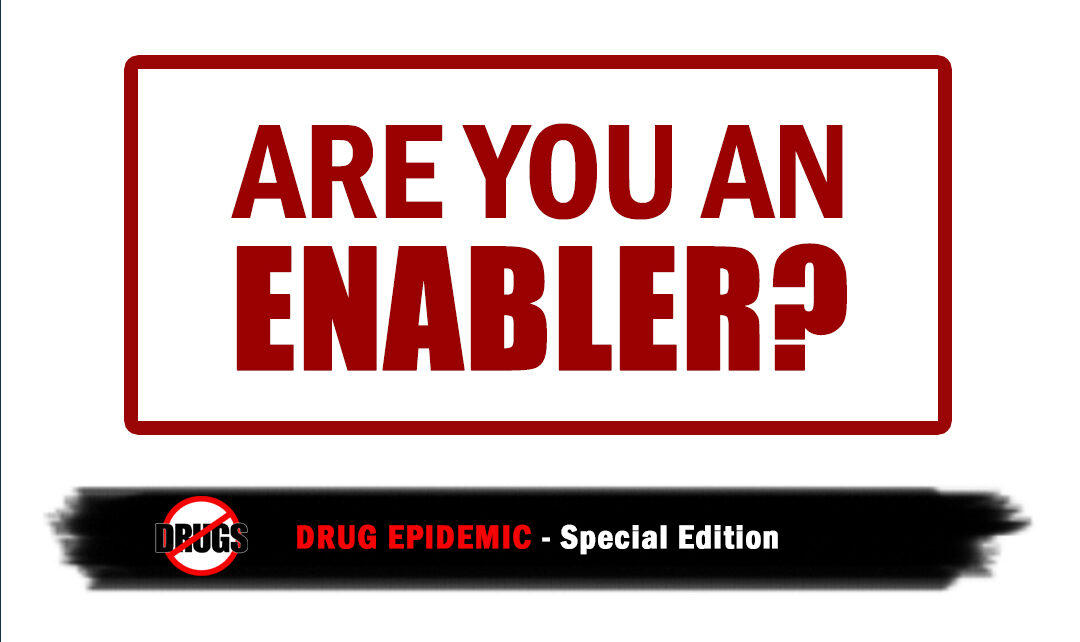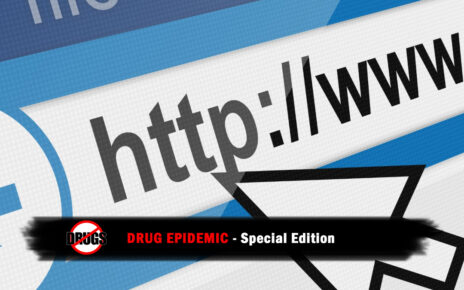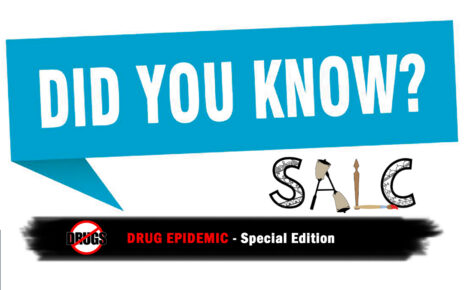Enabling a loved one and being an Enabler go hand in hand. If you are someone whose behavior allows or assists a loved one to continue to participate in self-destructive patterns of behavior, you may be an Enabler. Enabling can easily be described as practicing certain behaviors which surround a drug addict and their use of illegal drugs. Simply put, enabling is different from helping and supporting, in that it allows the enabled person to be irresponsible. It doesn’t mean you support your loved one’s addiction or behavior. It means you believe if you don’t help them, the outcome for everyone involved will be far worse. It could also mean that you believe if you don’t help them, they will face incarceration, homelessness or even death.
One example of enabling could come every month – around “check day”. How many of us make it convenient for someone that we know uses drugs – to get to the bank and cash their annuity check? We know they need to cash their check, so they can buy drugs, yet we take them to the bank, regardless. How about letting someone we know, that uses drugs – borrow our vehicle so they can go purchase drugs and can get high again? Here is an act of enabling, which is difficult to swallow – how many of us provide a roof over someone’s head that uses drugs, just so they won’t be homeless and/or sleeping in the streets? We probably think we are being helpful, but in reality we are contributing to someone’s active drug addiction. Perhaps you excuse or ignore troubling behavior, or lend them money, or assist in other ways. It’s important to realize enabling doesn’t really help. Over time, it has a damaging and devastating effect on a loved one’s life and others around them; such as children.
Adapted from an article written by: Crystal Raypole, 2019




